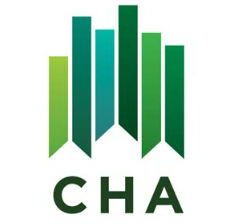In my teens, I witnessed the tech industry’s shift from DOS to Windows 3.x, which many viewed as a mere shell over DOS. Windows NT was touted as the solution, but my experience with OS/2 Warp after DOS left me unimpressed with Windows. I found Windows lacking in resource management, stability, and practical features like a true object-oriented desktop, which OS/2 offered. As Windows became the dominant platform, I grew disillusioned, seeing it as a symptom of a “drunken marketplace” driven by problem-creation solutions. Much like the medical or military industries, the IT market seemed to thrive on perpetuating issues to sustain demand, at the expense of users’ sanity and systems’ health. This normalization of malfunction left me feeling trapped and depressed.
Desperate for an alternative, I watched promising platforms like BeOS and AmigaOS fail to gain traction, while OS/2 crumbled after Windows went OEM, leaving IBM behind. In 1995, I briefly explored Red Hat Linux, a glimmer of hope in a bleak landscape. Around the same time, Apple’s acquisition of NeXTStep and Steve Jobs’ return with the “Think Different” campaign sparked some optimism, but MacOS still didn’t address the market’s deeper issues of domination by flawed models.
For years, I remained tethered to Windows, largely due to Adobe’s Photoshop and Premiere, essential for my video production work. This dependency felt like a cage, as Windows continued to disappoint. The turning point came when Blackmagic Design released DaVinci Resolve for Linux, a professional-grade non-linear editing suite that rivaled Premiere. This, combined with viable alternatives to Photoshop, finally allowed me to break free. By the mid-2010s, I had transitioned almost entirely to Linux, save for a single Windows XP partition on my laptop running Photoshop CS2 v9—a relic I kept for compatibility. In my view, XP was Microsoft’s best effort, a “(N)ice (T)ry” at getting it right.
For nearly a decade, I’ve been Linux-exclusive, embracing its stability, efficiency, and freedom from the problem-creation cycle. Linux empowered me to escape a market that prioritized dysfunction over innovation, and I haven’t looked back.
![]()





